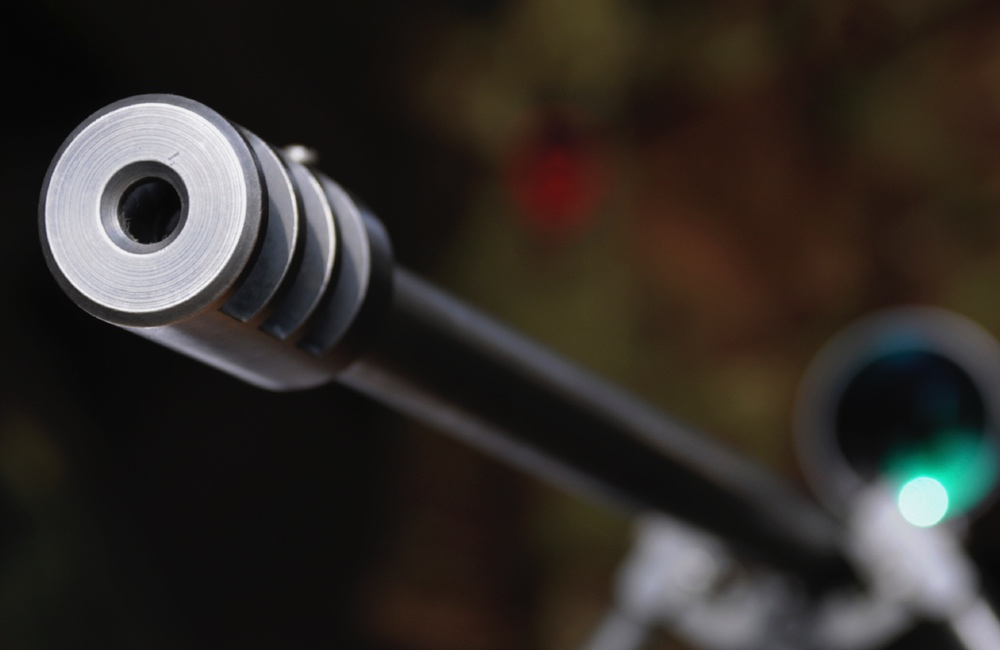Gun homicides are often in the news, but there are nearly twice as many gun suicides. A new study finds that having a gun licensing law in place leads to fewer gun suicides, while repealing such laws leads to an increase in the numbers of suicides in a state.
The study focused on two states, Connecticut and Missouri. Connecticut instituted a gun licensing law in 1995, while Missouri, which had had a gun licensing law in place since 1921, repealed it in 2007.
Changing these laws changed the rate of gun suicides in both states. This isn't only based on the fact that the gun suicide rate rose in Missouri and dropped in Connecticut after the laws changed — which they did — but also on comparison with how gun suicide rates changed in other states across the nation.Having a gun licensing law in place leads to fewer gun suicides.
A statistical comparison suggests that the changes to the laws for licensing guns were responsible for a 15.4% drop in the gun suicide rate in Connecticut and a 16.1% rise in that rate in Missouri.
Gun licensing laws require people to pass a background check and obtain a permit before they can buy a gun. They are believed to reduce suicides by making it more difficult for persons at risk of suicide to purchase a gun, a fact that especially impacts younger people. Suicide is the second leading cause of death among those age 15-34 in the United States (accidents are first), and half of all suicides are committed with a firearm.
“Contrary to popular belief, suicidal thoughts are often transient, which is why delaying access to a firearm during a period of crisis could prevent suicide. Just as research indicates that handgun purchaser licensing laws are effective in reducing firearm homicides, they could reduce suicides by firearms as well,” study co-author Daniel Webster explained. Webster is a professor at the Johns Hopkins Bloomberg School of Public Health and director of the Johns Hopkins Center for Gun Policy and Research.It can take as little as 10 minutes between forming the intent to commit suicide and acting on that intent.
It's not possible to say with certainty what would have occurred in Connecticut and Missouri had their laws not changed. The researchers tried to do the next best thing — generate a statistical estimate of what would have happened, based on what did happen in the rest of the United States.
For Connecticut, that meant looking at the 39 other states without a licensing law in 1995 and comparing their firearm suicide rates from the years 1981 to 2006 to those of Connecticut over the same time period. After passing its licensing law, Connecticut experienced a drop in its firearm suicide rate that was greater than 37 of the 39 other states that did not have such a law in place. Statistical modeling suggests that Connecticut's adoption of a licensing law decreased its gun suicide rate by 15.4%.
This was most pronounced among 20-to-29-year-olds.Statistical modeling suggests that the repeal of the licensing law increased Missouri's gun suicide rate by 16.1%.
For Missouri, the researchers looked at the nine other states that had a gun licensing law in 2007 and compared their firearm suicide rates from 1981-2012 to those in Missouri during the same time period. Missouri experienced an increase in its firearm suicide rate following the repeal of its law that was larger than all the other states that kept their law in place.
Statistical modeling suggests that the repeal of the licensing law increased Missouri's gun suicide rate by 16.1%.
Previous studies suggest that the changes in the two states' laws were associated with a 40% decrease in the gun homicide rate in Connecticut and a 23% increase in the gun homicide rate in Missouri.
Even though these numbers are only estimates, if gun licensing laws lower both gun homicides and gun suicides, is it a stretch to say that they save lives? Unlikely.
The study appears in Preventive Medicine and is freely available. The entire issue is devoted to prevention of gun violence.





